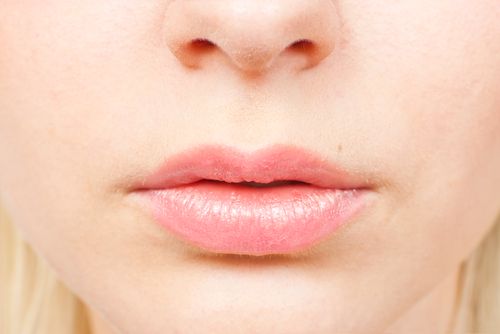
Smoking and plastic surgery are not a healthy combination. In fact, many plastic surgeons will not perform surgical procedures on patients that actively smoke, due to the high risk of complications and the relatively poor outcomes they experience from their procedures. If plastic surgery is something you are strongly considering, the first step is to kick the smoking habit if you want to ensure a safe and successful procedure.
Impact of Smoking on the Plastic Surgery
Smokers will see key differences in how their bodies respond to plastic surgery:
Healing – Nicotine and carbon monoxide found in cigarettes reduces circulation in the body, which also reduces the body’s ability to heal from injury or surgery. Your blood is responsible for bringing oxygen and nutrients to every inch of your body. When that blood supply is limited, so are the important substances that help your body to function properly. Less blood supply also inhibits your body’s ability to heal, since it is not getting the nutrients and oxygen it needs for efficient cell regeneration and thus wound healing.
Skin – The skin is the largest organ of the body, so it makes sense that this organ requires maximum circulation to keep it looking and feeling its best. When blood circulation is compromised by smoking, incisions can break down and skin can be lost. Considering how much skin can be altered through procedures like a facelift or tummy tuck, it is easy to imagine how poor healing outcomes can affect the results of the procedure.
Complications – A 2013 study out of Johns Hopkins Medical Institutions found that active smoking was strongly linked to a higher risk of complications during and after plastic surgery. Poor wound healing can increase a patient’s risk of serious infection and tissue death. Smokers in this study also had a higher incidence of revision operations, which also increases the risk of post-surgical complications. The normal rate of infection in patients after plastic surgery is around two percent, while the risk in smokers increased to 12 percent.
Scarring – The increased risk for tissue death and poor healing can also create more scarring after surgery. In procedures that require larger incisions, such as a tummy tuck, breast lift or face lift, additional scarring can be especially concerning. Although plastic surgeons do their best to minimize scarring through strategic placement of incisions and tiny sutures to close incisions, they may be unable to minimize those scars in patients who actively smoke.
If you are a smoker who is serious about plastic surgery, you will need to quit smoking for at least 4 weeks prior to your surgery. If you want to guarantee the best possible results from your procedure, you will likely need to kick the cigarette habit for good.



